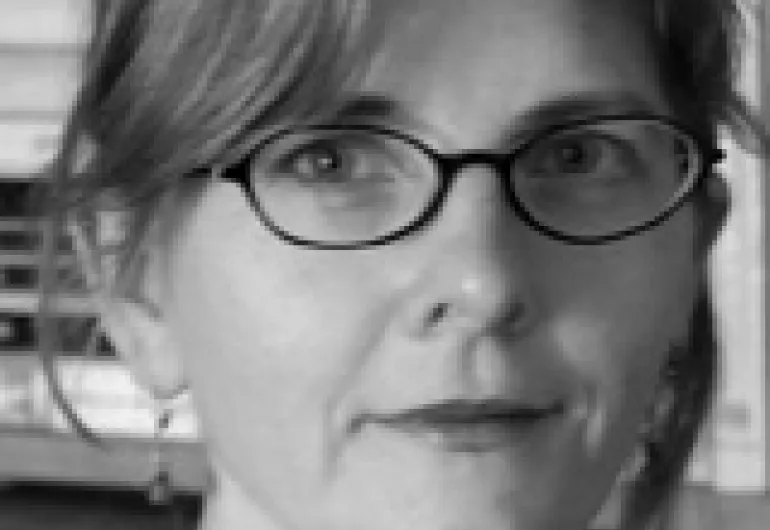Presented by Institute for Advanced Study
Negotiating Presence: Contemporary Indigenous Choreography
Discussion with Jacqueline Shea Murphy
Past event
Jun 20, 2014

This presentation/discussion addresses ways that Indigenous choreographers use contemporary dance as a tool for strengthening and asserting Indigenous knowledge. Jacqueline Shea Murphy will offer some thoughts about several specific contemporary dances/dance making practices, suggesting what they say about time, about space, about attention, about disrupted and disputed ways of knowing, about caregiving and taking, about being in relationship to the world. She will open up questions about ways this dancing produces and asserts Indigenous strength, refuting the presumptive force and finality of ongoing settler colonization (and also, at times, yielding crucial insights into how to live in a sustainable way with a planet in crisis). The discussion will tease out points of tension in different approaches to “Indigenous choreography,” unraveling some of the complexities, difficulties and possibilities that attend both this topic and the ongoing negotiating (not-tied-back-into-a-bow-for-easy-receiving) of tensions it raises.
Jacqueline Shea Murphy chairs the Dance Department at the University of California, Riverside, where she teaches courses in critical dance studies and in Iyengar yoga. She is author of “The People Have Never Stopped Dancing”: Native American Modern Dance Histories (University of Minnesota Press, 2007), awarded the 2008 de la Torre Bueno Prize® for outstanding book of the year in Dance Studies by the Society of Dance History Scholars (SDHS). For over a decade, she has been following the work of Native American and Indigenous choreographers in the U.S., Canada, and Aotearoa (New Zealand), traveling to see Indigenous dance events and performances and to visit, talk, and dance with Indigenous dancers and choreographers. Drawing on this research and the relationships that have build around it, she has published on the topic of Native American and Indigenous dance history and contemporary choreography in journals including Discourses in Dance, Theatre Research International, Interventions, and Biography. She has helped bring Indigenous dance studies into visibility to dance scholars and to the public through this and other writing, in her lectures and teaching, and also by organizing and producing numerous showcases, panels, and symposia on Indigenous choreography at dance studies conferences, and at at regular “Indigenous Choreographers at Riverside” events at UC Riverside. In relation with this activity, UCR’s Special Collections library currently houses the archives of Daystar/Rosalie Jones (director of DAYSTAR: Dance Drama of Indian America) and Rulan Tangen (Director of DANCING EARTH Indigenous Contemporary Dance Creations), and is actively building an archive about Indigenous choreography.
Shea Murphy grew up in rural New England, and holds a a BA from Barnard College of Columbia University, a Master’s in fiction writing from The Johns Hopkins University Writing Seminars Program, and a Ph.D. in English from UC Berkeley. She has previously taught at San Francisco State University (American Indian Studies) and Mills College (English). She lives in California, where she is mom to six year old twin daughters and an 11 year old son. Shea Murphy is writing a new book that engages with ways that contemporary Indigenous choreography in the U.S., Canada, and Aotearoa inhabits and reconstructs Indigenous epistemologies, thus strengthening Indigenous peoples and Indigenous practices in ways that refute the presumptive force and finality of ongoing settler colonization.
Cosponsored by All My Relations, Rosy Simas Danse, Emily Johnson/Catalyst, and the Institute for Advanced Study at the University of Minnesota.